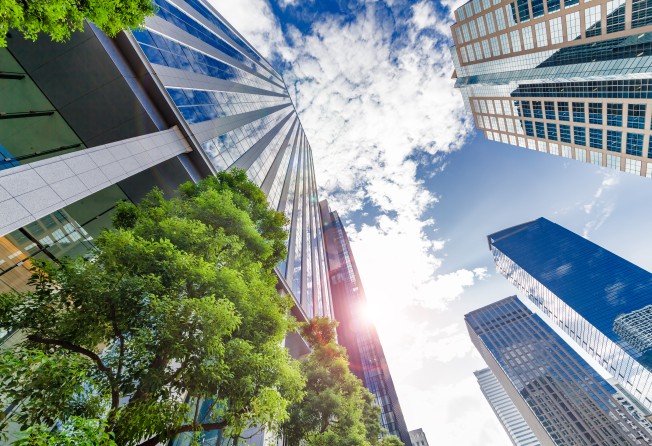Shirokane: The Lush Laid-back Side of Tokyo
Home to embassies and multinational headquarters, Shirokane is a foreigner-friendly enclave in Tokyo's most affluent district.

[Sponsored Article]
As one of the most compacted cities in the world, Tokyo is packed with skyscrapers and mega shopping malls. Tourists may witness people’s rapid steps when taking JR railway – people are often rushing in between platforms that are located in different levels.
We are familiar with the metropolitan side of Tokyo – places like Ginza, Shibuya and Shinjuku. But we may not be well informed of Shirokane, the tranquil district hidden in the hectic Minato-ku.
Located in the ward with 75 Embassies, Shirokane, literally meaning platinum, is one of the wealthiest residential areas in Japan. It has a laid-back lifestyle with substantial undeveloped green spaces, quite dissimilar to its neighbours Roppongi and Azabu. Shirokane is a great place for staying away from the hustle and bustle, and is easily accessible by the Tokyo Metro Namboku Line.
Decent boutiques and coffee shops can be found along the Shirokane Tori – classy ladies who have an upscale lifestyle and often hang out in this area are dubbed “Shiroganese”. What makes residing in Shirokane so relaxed and chilled?
Happo-en
Built during the Edo-period (1603-1868), Happo-en was once the residence of Okubo Tadataka, a famous Japanese warrior; three centuries later, the place has become a popular venue for wedding banquets. Happo-en consists of a huge garden and several event spaces.
It has a beautiful name - Happo-en literally means “a garden that looks gorgeous from every angle” – because of its diversified plant species and landscapes that we can admire throughout the year. The garden is filled with sakura in spring, azalea and ginkgo trees in summer, maples in fall and a snowy scenery in winter.
Tourists can slow down their pace while having a taste of the Japanese green tea at the traditional teahouses. Happo-en was simply a recreated nature in the heart of Tokyo, and perfect for strolling and a sweet escape during the day.
The Institute for Nature Study / Tokyo Metropolitan Teien Art Museum
A large piece of green area may surprisingly catch your attention when you walk along the Meguro Tori – it is the Institute for Nature Study. The place experienced quite a number of changes in past centuries, from a lord’s residence to a gunpowder warehouse.
Occupied 20 hectare in Shirokane and designated as a national historic monument in 1949, the Institute is meanwhile a public nature education park. It is home to 1,436 plant species, 2,130 insect species and 130 bird species which are all under national conservation. The authority limits the number of visitors to 300 at a time.
Meiji Gakuin University – Chapel, Imbrie Hall, Memorial Hall
Meiji Gakuin University was the first Christian university in Japan, founded by the American missionary James Curtis Hepburn. Hepburn was highly credited with popularising the Japanese language by transliterating it into the Roman alphabet, as well as publishing the first Japanese-English dictionary.
Highly influenced by the American architecture, the Chapel, Imbrie Hall and Memeorial Hall were cutting-edge constructions back in the 19th and 20th century; now they are all in the government’s list of “Historical Landmarks Especially Important for the Landscape”. The Imbrie Hall, in particular, embodies early missionary houses in Japan, and it is a check-in hotspot on social media.
Life in the Platinum District
Shirokane offers prime access to the sights and sounds of Tokyo while remaining a peaceful green suburb.
Formerly a factory district, long-term redevelopment has gentrified Shirokane to become one of Tokyo's most upper-class districts, comparable to Chelsea in New York. As well as multinational headquarters, Shirokane is also home to a number of embassies, enhancing its international credentials further, though the presence of traditional temples, shops and restaurants means it hasn't lost touch with its cultural roots.
For more information, please click here or contact JLL International Residential at +852 3759 0909 or [email protected].